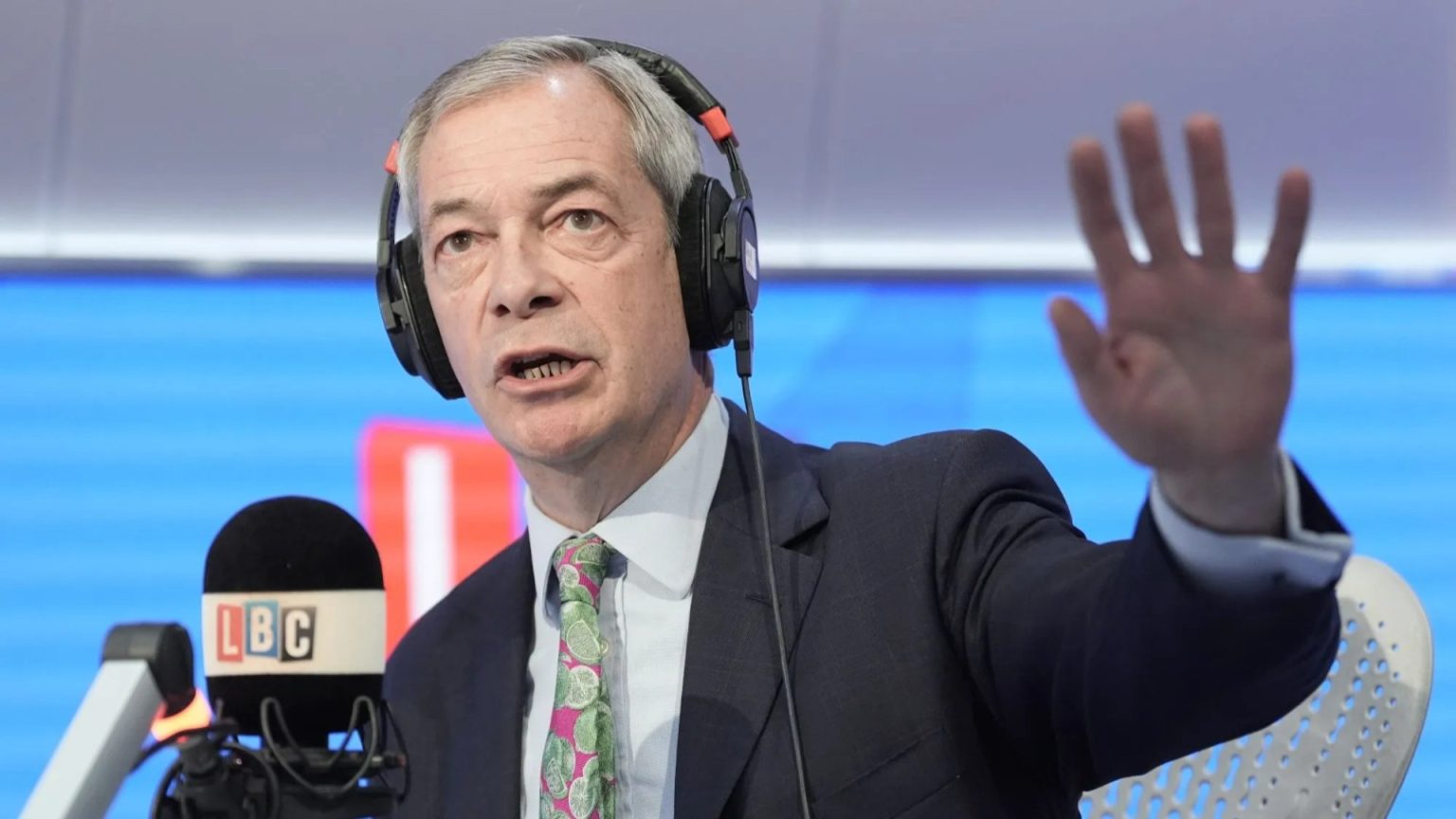Nigel Farage, leader of the Reform UK party, discussed a range of controversial topics during a recent interview on LBC, including his relationship with Elon Musk, the case of Tommy Robinson, and the issue of grooming gangs in the UK. Farage admitted that losing the support of Elon Musk could harm his party, particularly its appeal to younger voters who view Musk as a figure of innovation and disruption. While acknowledging the potential damage, Farage expressed confidence that he could repair his relationship with the tech billionaire and regain his support. He underscored his admiration for Musk, describing him as an “heroic figure,” and emphasized his intention to meet with Musk during an upcoming trip to the United States for Donald Trump’s presidential inauguration. Farage contrasted his desire to maintain a connection with Musk with his refusal to align himself with figures like Tommy Robinson, arguing that associating with such individuals would be detrimental to Reform UK.
Farage’s comments on Tommy Robinson reflected a broader discussion about freedom of speech and its limits. He criticized the American perception of Robinson as a “political prisoner,” suggesting that this view stems from a distorted understanding of the UK’s legal system and the nature of Robinson’s offenses, particularly in relation to his disruption of an ongoing grooming gang trial. This perspective, according to Farage, is fueled by reports of child sexual exploitation in the UK, which have generated outrage and concern in the United States. Farage attempted to draw a line between robust free speech and incitement to violence, arguing that while Musk’s strong language regarding Jess Phillips, a Home Office minister, might be offensive, it did not cross the line into unacceptable behavior. He defended Musk’s right to express his views, even if controversial, and argued that free speech should be allowed to offend.
The interview also delved into the sensitive issue of grooming gangs in the UK. Farage expressed his belief that there had been a concerted effort by authorities, including the police, social services, and successive governments, to downplay the extent of the problem due to fears of being labeled racist. He contended that the attacks were themselves racist, characterizing them as “anti-white female racism.” This perspective, he argued, underscored the complexity of the issue and the need for a more open and honest discussion. He proposed an unofficial inquiry into grooming gangs if the government failed to act within a few weeks. Farage asserted his ability to raise funds for such an inquiry and emphasized the public pressure that would be brought to bear on individuals who refused to cooperate, even without the legal power to compel their testimony.
Farage’s remarks reveal a complex interplay of political maneuvering, ideological convictions, and strategic considerations. His desire to retain Musk’s support, despite acknowledging the potential damage of losing it, highlights the importance he places on appealing to a younger demographic and maintaining a connection to influential figures. His distancing from figures like Tommy Robinson underscores his attempt to position Reform UK within a specific political space, avoiding association with extremism while still appealing to a base concerned about issues like immigration and cultural change.
Farage’s comments on grooming gangs further reflect this delicate balancing act. By raising concerns about the issue, he taps into public anxieties and positions himself as a voice for victims, while simultaneously navigating the sensitive terrain of race and identity politics. His proposed unofficial inquiry represents a strategic move to exert pressure on the government and maintain public attention on the issue, potentially further solidifying his party’s position as a champion of these concerns.
In essence, Farage’s interview provides a glimpse into the strategic calculations and ideological underpinnings of his political project. His remarks reveal an attempt to navigate a complex political landscape, balancing the pursuit of influence and the need to appeal to specific segments of the electorate while avoiding associations that could damage his party’s image and electoral prospects. His statements also highlight the ongoing debate surrounding freedom of speech, its limits, and the challenges of addressing sensitive social issues in a polarized political climate.


